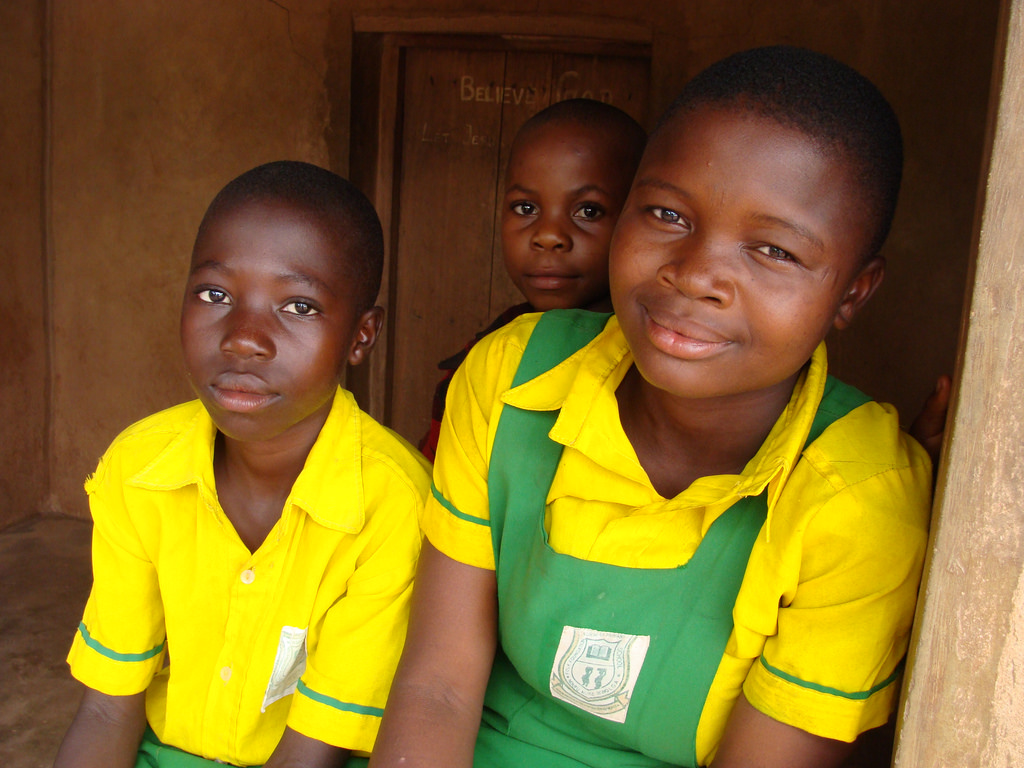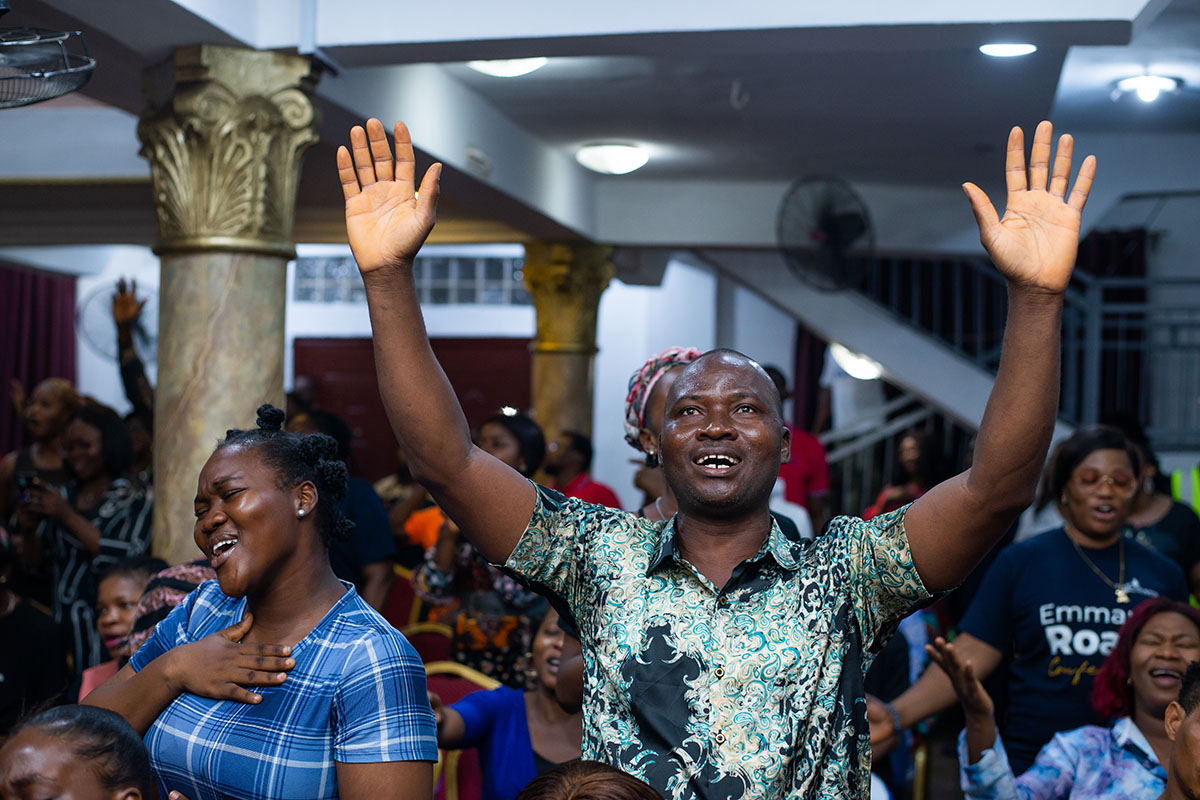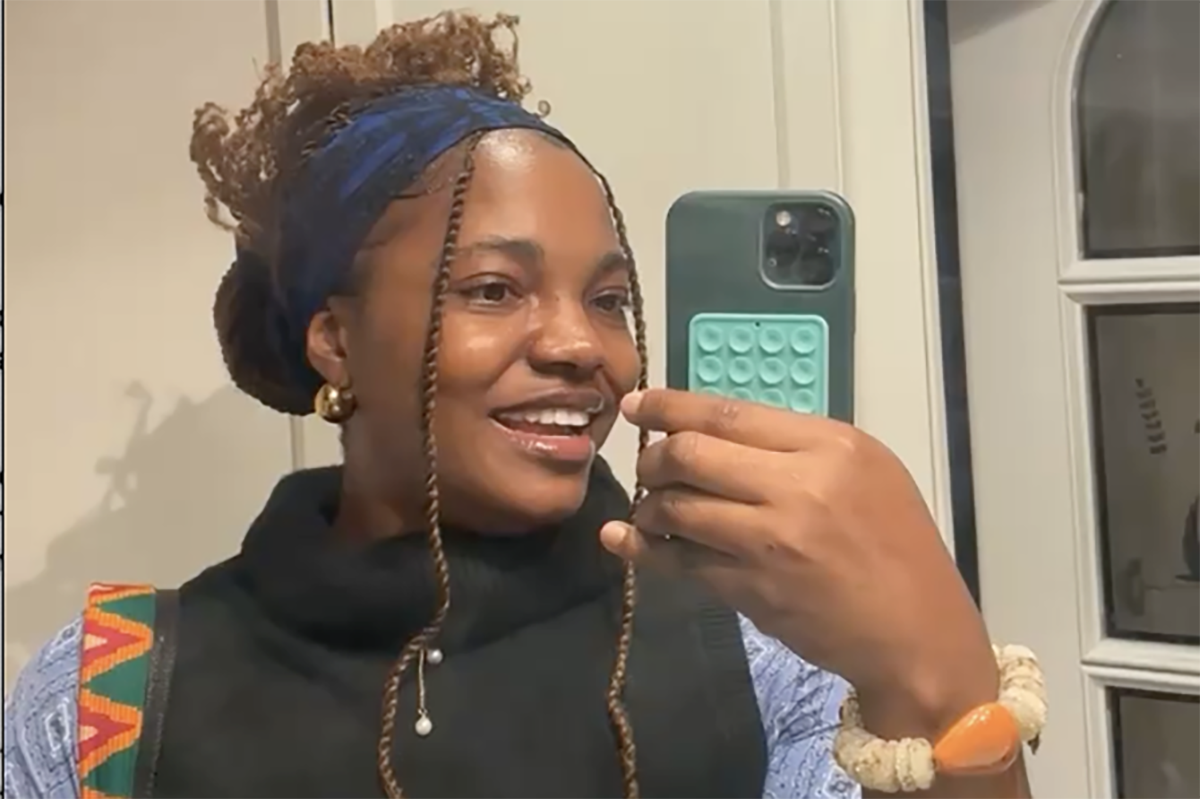“Closing gender gaps in the education system”
June 27Nigeria’s education system has been plagued by socio-economic and political matters that have troubled society for decades, writes Laila Johnson-Salami, 20, a Correspondent from Ibadan in Nigeria, who argues that closing the gender gap is part of the solution to those issues.
Although Nigeria’s development standards are slowly stepping up, the gender gap in primary and secondary schools, especially in Northern Nigeria, is extremely wide. Due to cultural bias, poverty and traditional views, several families are prone to choosing to send their sons to school, while encouraging their daughters to take up a domestic lifestyle or marry at a very young age. The United Nations recorded that for every three boys who are in school in some states in Nigeria, only one girl has access to education. But where does this leave us? How can we ensure sustainable development for all citizens?
In most public and private sector industries in Nigeria, women are trapped beneath the glass ceiling. Gender gaps are prevalent and the ripple effects of patriarchy are often unfortunately overlooked. However, the barriers to entry in the education sector are the fundamental cause for a lifetime of oppression. Firstly, Nigeria’s youth bracket is the largest population bracket in the country, so when young girls are not given the chance to achieve, it is impossible to succeed. When young girls are introduced to marriage instead of literature, it is impossible to ensure sustainable development.
In 2015, the United Nations launched seventeen sustainable development goals that we should all work towards achieving by 2030. What I personally realised about the goals is that it is wholly impossible to achieve any of the goals without achieving global goal five, which is gender equality. However, gender equality is seen as a myth rather than a norm to many of Nigeria’s citizens, and the notion of women’s empowerment is highly stigmatised at home and in the workplace. The effect that the stigmatisation continues to have on young Nigerian girls is extremely worrying, especially as Nigeria has more girls out of school than any other nation across the globe.
It is not impossible to close the gender gap in education; however, we have to stand by four factors:
- Breaking barriers within Nigeria’s education system is the first step towards achieving any of the global goals
- We cannot succeed if a majority of the country is held within a system of oppression
- Education is a basic and fundamental human right to which every global citizen is entitled
- The economic benefit that comes with ensuring the education of all young Nigerian girls is largely beneficial to Nigeria in terms of maximising the nation’s potential
By ensuring that all young girls are given the same opportunities as young Nigerian boys, we can eradicate the system of oppression through all of Nigeria’s industries in just one generation. Changing mind-sets and encouraging citizens to see beyond the cultural and traditional viewpoint is the difficult part, but all else that follows is of the greatest benefit to the nation.
Education is the key to eradicating child marriage, FGM and reducing the heinous statistics for sexual and domestic violence. These are prevalent issues in Nigeria that we can address before 2030, especially as a leading example of a developing nation that ensures sustainable human development and equal opportunities for all citizens.
Archbishop Desmond Tutu once said: “If you are neutral in situations of injustice, you have chosen the side of the oppressor.”
We need to understand the gender related issues that Nigeria faces today and encourage effective policy that can improve situations of discrimination. Primary education is said to be compulsory in Nigeria, yet the number of young girls out of school suggests that the educational sector does not focus on implementing the right policies. Education is the shared responsibility of Federal, State and Local Governments and therefore a combined effort is necessary from all levels of government.
Young girls can be agents of change if they are given the opportunity to develop, and having the access to education is always the first step.
photo credit: Nigeria school children via photopin (license)
………………………………………………………………………………………………………………………………………………………………………
About me: I am the founder of two NGOs –We Rise Initiative and Our Vision NG, that empower African women and youth to rise above oppression to maximise national potential.
My business, 21 Africa, helps brands improve their social media image.
A journalist for Africa Rizing, I advocate for the current generation and inspire young people through strong stories about ‘what we need’ in Africa.
I am also an Ambassador for Girl Rising and a keen campaigner for sustainable development.
………………………………………………………………………………………………………………………………………………………………
Opinions expressed in this article are those of the author and do not necessarily represent the views of the Commonwealth Youth Programme. Articles are published in a spirit of dialogue, respect and understanding. If you disagree, why not submit a response?
To learn more about becoming a Commonwealth Correspondent please visit: http://www.yourcommonwealth.org/submit-articles/commonwealthcorrespondents/
…………………………………………………………………………………………………………………………………………………







